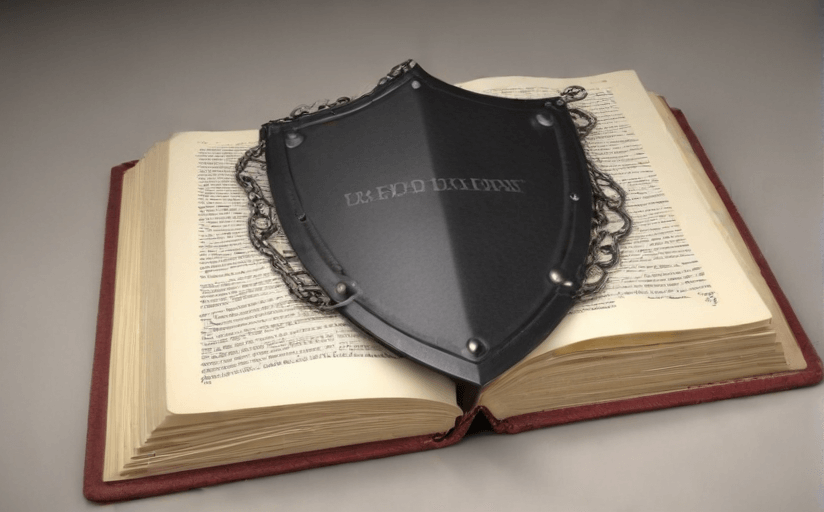Censorship in Literature: Beneficial Shield or Restrictive Barrier?
In this discourse, we will unravel the concept of censorship in literature. Its historical backdrop, pronounced significance across various societies worldwide, and the dichotomy that prevails between its protective and restrictive aspects will be the focal points of our discussion.
The Origins and Concepts of Censorship
Censorship, as a concept, originated as a method to suppress dissent or political rebellion. In literature, it denotes the suppression of certain parts or the entirety of a work that authorities considered subversive, obscene, or a potential threat to public morality and order. The practice of censorship can be traced back to ancient societies such as Greece and China where the power to censor essentially rested with the ruling elites.
Censorship: Protective Layer or Restrictive Barrier?
However, as time progressed, the motivation behind censorship in literature has come under scrutiny. Many argue that censorship serves as a protective layer, shielding audiences from explicit, inappropriate, or harmful content. For instance, certain books that glorify violence or contain explicit sexual content are often barred from schools, a measure aimed to protect the innocence of young readers.
Conversely, others believe that it acts as a restrictive barrier curtailing freedom of expression and creativity. They argue that censorship inhibits an author's creative freedom and a readers’ right to access diverse literary perspectives. The infamous instance of censorship is the banning of numerous books, including great literary works like George Orwell’s “1984” and Aldous Huxley’s “Brave New World,” which were considered too controversial for their respective times.
Role of Agencies and Criteria of Censorship
The practice of censorship is exercised by various entities ranging from government bodies, publishing houses, to educational institutions. The criteria for censorship often include elements that are considered obscene, offensive, or detrimental to the society at large. However, the criterion is controversial due to its subjective nature, which often differs based on cultural, political, or religious perspectives.
Implications of Censorship
Censorship has significant implications on authors, readers, and the progression of literature. It curtails authors from freely expressing their views and hinders readers from getting exposure to diverse literary perspectives. From a broader scope, it can also stifle literary progression as it discourages daring and unconventional narratives which could spark significant sociocultural dialogues.
In summary, the dichotomy surrounding censorship is complex. While it can serve as a beneficial shield in certain contexts, it also has the potential to become a restrictive barrier, especially when it compromises the freedom of expression and hampers literary progression.


















Comments
Leave a Comment